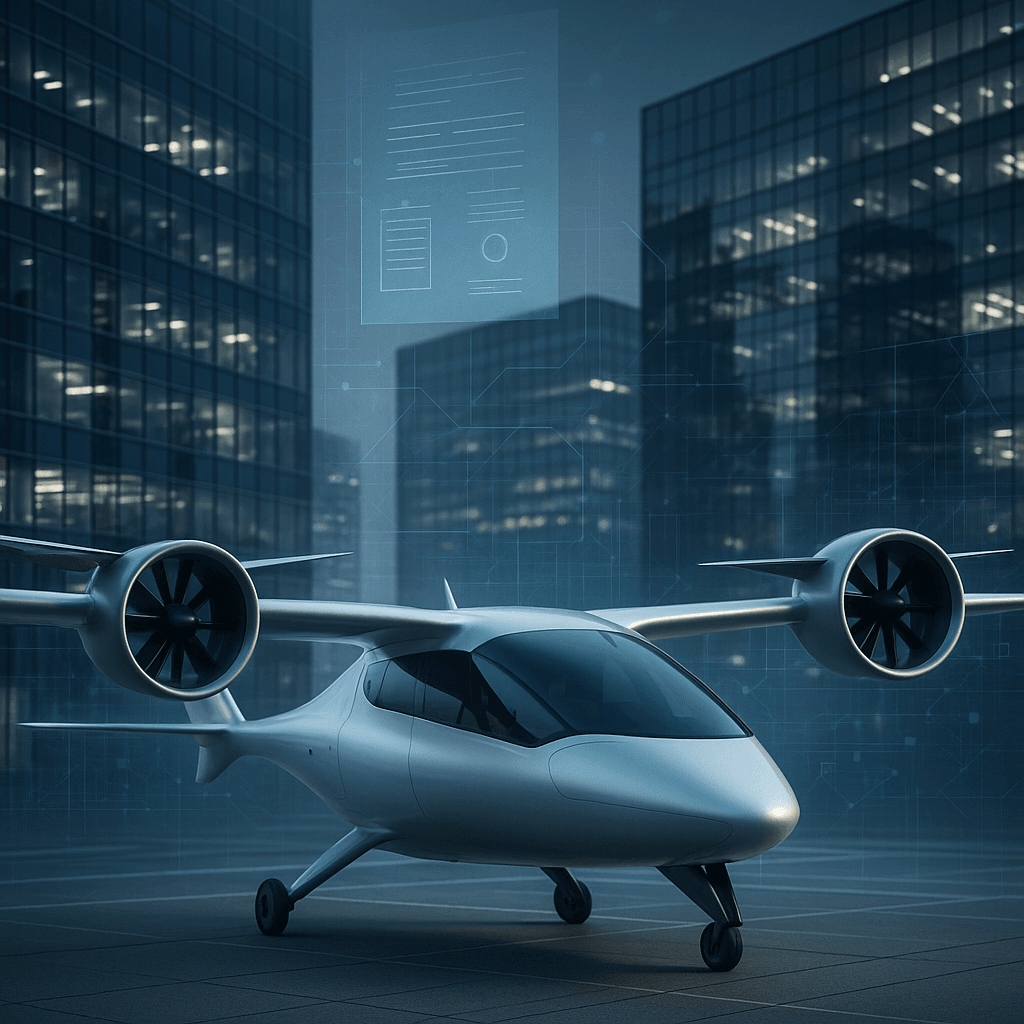The electric aircraft industry just witnessed a major tech consolidation as Archer Aviation beat out rival Joby Aviation in a competitive bidding war to acquire all 300 patent assets from defunct German startup Lilium for €18 million ($21 million). The acquisition signals Archer's expansion beyond air taxis into broader electric aviation markets.
Archer Aviation just pulled off one of the biggest tech grabs in the electric aircraft space, outmaneuvering heavyweight competitors to snatch up the intellectual property crown jewels from Germany's fallen eVTOL darling Lilium. The $21 million winning bid wasn't just about patents - it's a strategic play that could reshape the entire urban air mobility landscape.
The competitive auction process, overseen by a German bankruptcy administrator, saw Archer face off against some serious competition. Joby Aviation, the well-funded California rival that's been neck-and-neck with Archer in the race to commercialize air taxis, confirmed its participation in the bidding war. Also in the mix was Ambitious Air Mobility Group, though the specifics of their bid remain under wraps.
What makes this acquisition particularly juicy isn't just the patent count - all 300 of them - but what they represent. According to an Archer spokesperson, these patents span "critical eVTOL technologies, including high-voltage systems, flight controls, ducted fans, and advanced aircraft design." That last bit about ducted fans is where things get really interesting.
Lilium's unique approach to electric flight centered around ducted fan technology, a design philosophy that differed significantly from the tiltrotor systems favored by both Archer and Joby. The German company was developing aircraft capable of speeds up to 100 km/h, targeting a different slice of the market than the typical air taxi hopefuls.
The timing of this acquisition tells a broader story about the eVTOL industry's brutal consolidation phase. Lilium, founded in 2015, had everything going for it on paper - over $1 billion in funding, a successful SPAC merger with Qell in 2021 that landed it on the Nasdaq, high-profile investors like Tencent, and even a massive order for 100 electric jets from Saudi Arabia. But burning through cash faster than it could deliver proved fatal.
Multiple restructuring attempts failed, including a last-ditch effort by Mobile Uplift Corporation, a company specifically created by European and North American investors to salvage operating assets. When those efforts collapsed, the bankruptcy administrator had no choice but to auction off the company's crown jewels.












